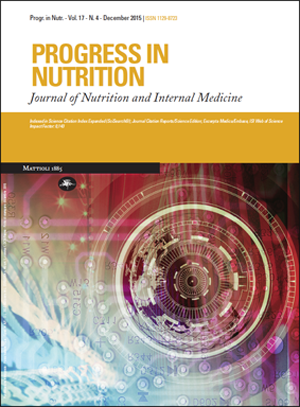Ameliorative effects of curcumin against sodium fluoride-induced hepatotoxicity
Keywords:
Curcumin, Liver, Oxidative stress, Sodium fluoride.Abstract
Objectives: The present study was carried out to examine the possible protective effect of curcumin against fluoride-induced hepatotoxicity and oxidative stress. Methods: Hepatotoxicity was achieved after sodium fluoride exposure 600 ppm through drinking water during seven days. Different doses of curcumin were administered for seven days before sodium fluoride-induced toxicity. Vitamin C was also acquired as positive control. After the last treatment, thiobarbituric acid-reactive substances levels, activities of antioxidant enzymes including catalase and superoxide dismutase and also non enzymatic antioxidant reduced glutathione levels were determined in the rat liver. Moreover, some biochemical factors such as alkaline phosphatase, aspartate aminotransferase, alanine transaminase, triglyceride, high-density lipoprotein, low-density lipoprotein, total bilirubin, total protein and albumin were evaluated in serum samples. Results: Results showed that both vitamin C and curcumin reduced fluoride-induced abnormalities in serum biochemical factors. These compounds protected against imbalance of antioxidant enzymes and reduced lipid peroxidation levels in the rat liver. Conclusion: Combining results showed that curcumin possess protective effects against sodium fluoride-induced oxidative stress and hepatotoxicity.Downloads
Published
Issue
Section
License
This is an Open Access article distributed under the terms of the Creative Commons Attribution License (https://creativecommons.org/licenses/by-nc/4.0) which permits unrestricted use, distribution, and reproduction in any medium, provided the original work is properly cited.
Transfer of Copyright and Permission to Reproduce Parts of Published Papers.
Authors retain the copyright for their published work. No formal permission will be required to reproduce parts (tables or illustrations) of published papers, provided the source is quoted appropriately and reproduction has no commercial intent. Reproductions with commercial intent will require written permission and payment of royalties.

This work is licensed under a Creative Commons Attribution-NonCommercial 4.0 International License.


